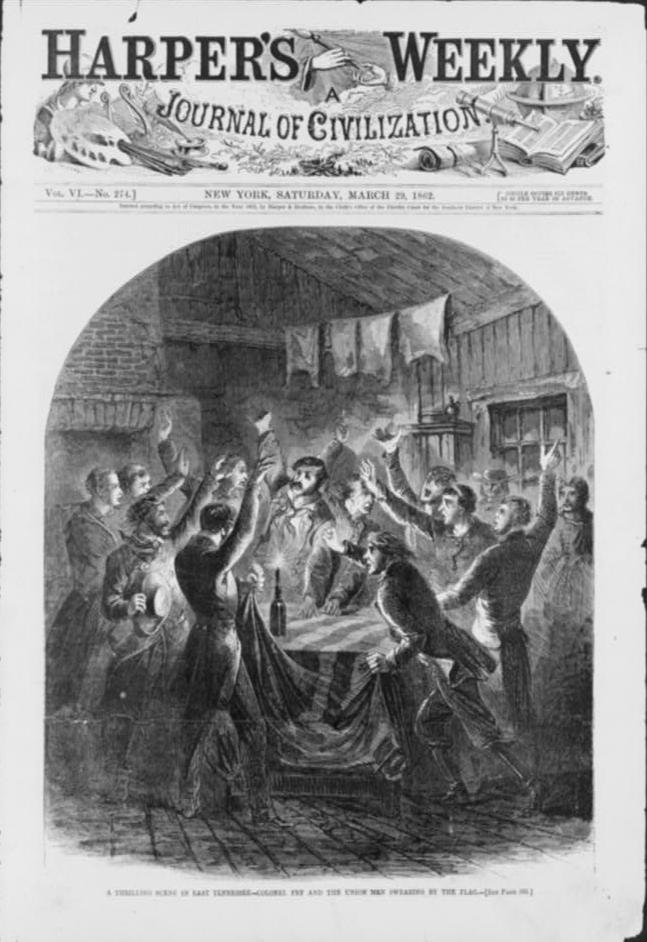As
@SWS explained very well the logistics of a campaign in Alabama to Atlanta, I'll focus on addressing the manpower point. The manpower requirements of a thrust to Atlanta from Mobile grows exponentially with each step to Atlanta. The first phase is the least manpower intensive: closing Mobile Bay. This entails the destruction of the defending Confederate fleet and the seizure of Forts Morgan, Gaines and Powell. Historically, this required Farragut's 17 men-of-war and one reinforced brigade to accomplish within a month. Accomplishing this diminishes the value of the city's port, but the city's rail network and river communications along with its intrinsic resources retains strategic value worthy of being the target of a major operation.
The second phase is the Siege of Mobile. Historically, E.R.S. Canby led 45,000 men to besiege the 8,000 strong garrison in 1865, but the number of defenders fluctuated greatly. Reading Paul Brueske's
"The Last Siege: The Mobile Campaign, Alabama 1865", Mobile was pretty consistently defended by 4,500 troops, but there will likely be reinforcements to Mobile, to the detriment of the Armies of Northern Virginia and Tennessee. Historically, in 1865, General Maury (the defending general) received 1,500 surplus artillerymen and four brigades from the Army of Tennessee, amounting to an aggregate ~3,500 men. Moreover, when Vicksburg fell, there was an Army of Mississippi (made up mostly of the Army of Relief that failed to relieve Vicksburg). This amounted to about 30,000 men, assigned to defend the Mississippi interior. Again, this was a detriment to the Confederate cause as it sapped away about 1 cavalry division and 2 infantry divisions from Bragg's army (9,500 veteran infantry and 3,019 cavalrymen) as well as sucking in manpower from the coastal garrison, depleting reserves. These forces were gradually shifted back to the Army of Tennessee and made Polk's Corps during the Atlanta Campaign.
Thus, there is a need for a proper buildup in strength before Mobile can be attacked, especially since the city was surrounded by triple barricades and entrenchments to the west and the south, with only two weak points. First, there was only a single line of entrenchments to the north of Mobile, but this direction was meant an extremely difficult operational maneuver for the Federals as its rear would be vulnerable to Confederate attack from the Selma-Montgomery axis. Second, if Spanish Fort and Fort Blakely can be seized, the western defense of Mobile would be badly compromised if the Confederates cannot bring substantial reinforcements to cover the breach.
For forces to deploy for this task, I'm assuming the Army of the Tennessee, Army of the Cumberland and Army of the Gulf have been established. The most obvious source is the Army of the Gulf, but their manpower is limited: it must defend Louisiana from the threat of Richard Taylor's army. IOTL, Taylor came dangerously close to capturing New Orleans during the Port Hudson campaign. Banks did wish to do it, but was also restrained by demands to attack Texas. Failing that, we could use the X Corps, but that has about 12-15,000 men (I have yet to determine how many are garrison units). X Corps gets us the manpower to start the closure of Mobile Bay but is far from the manpower needed to besiege Mobile. The Army of the Tennessee is probably the best force to do it and could approach it from two routes: an overland route (which would involve a lot of foraging over some of the South's best breadbaskets) or landing near the beaches of the captured forts.
The main downside of continuing from Mobile to Atlanta is the manpower needed to garrison Alabama, which, if history is any indicator, might have required something close to an infantry corps to accomplish.
Nevertheless, if we combine a good Shiloh victory, no Kentucky Campaign, early 1862 Vicksburg win and a threat to Mobile, the Confederate forces in the West would be stretched very thin between defending Alabama and Georgia.
